Best movies like Evenings on a farm near Dikanka
A unique, carefully handpicked, selection of the best movies like Evenings on a farm near Dikanka Starring Oleg Yankovskiy, Natalya Krachkovskaya, Nikolay Burlyaev, Kostiantyn Stepankov, and more. If you liked Evenings on a farm near Dikanka then you may also like: The Vow, West of the Alamo, The Night Before Christmas, Nights of Farewell, The Overcoat and many more popular movies featured on this list. You can further filter the list even more or get a random selection from the list of similar movies, to make your selection even easier.
A fantasy film on the theme of the early works of Nikolai Gogol, tightly interwoven with his personality and biography.
You may filter the list of movies on this page for a more refined, personalized selection of movies.
Still not sure what to watch click the recommend buttun below to get a movie recommendation selected from all the movies on this list
West of the Alamo
Despite his unprepossessing screen personality, singing cowboy Jimmy Wakely was starred in a series of Monogram westerns, one of which was West of the Alamo. Wakely and comedy sidekick Lee "Lasses" White play a pair of government agents who work undercover to solve a series of baffling crimes. It comes to no one's surprise that the criminal mastermind is the town's leading citizen, in this case banker Clay Bradford (Jack Ingram). As was typical in the Wakely westerns, West of the Alamo is approximately 25 percent action and 75 percent musical. Among the guest warblers this time out is the Arthur Smith Trio, headed by a gospel singer who'd later emcee a popular religious TV talk show.
The Night Before Christmas
Based on the works of Nikolay Gogol. Handsome blacksmith Vakula who fell in love with village beauty, Oksana, is ready to do anything for her liking. Even to fly on the devil's back to Saint-Petersburg and ask the Empress for the slippers that he can present his sweetheart.
Nights of Farewell
Paris, the middle of the XIX century. Young Marius Petipa is going on a long journey to St. Petersburg, where he is invited to become the first dancer. He doesn't know that his life will develop both happily and dramatically, and his work will be the glory and pride of Russian ballet.
The Overcoat
Soviet film based on Nikolai Gogol stories "Nevsky Prospekt" and "The Overcoat".
The Awakening
"The Awakening" is a 1954 short drama film of Douglas Fairbanks Presents anthology series based on Nikolai Gogol's short story "The Overcoat".
A Beautiful Mind
John Nash is a brilliant but asocial mathematician fighting schizophrenia. After he accepts secret work in cryptography, his life takes a turn for the nightmarish.
Ivan the Terrible, Part I
Set during the early part of his reign, Ivan faces betrayal from the aristocracy and even his closest friends as he seeks to unite the Russian people. Sergei Eisenstein's final film, this is the first part of a three-part biopic of Tsar Ivan IV of Russia, which was never completed due to the producer's dissatisfaction with Eisenstein's attempts to use forbidden experimental filming techniques and excessive cost overruns. The second part was completed but not released for a decade after Eisenstein's death and a change of heart in the USSR government toward his work; the third part was only in its earliest stage of filming when shooting was stopped altogether.
The Lost Letter
The Lost Letter (Russian: Пропа́вшая гра́мота, Propavshaya gramota), or A Disappeared Diploma, is a 1945 Soviet animated film directed by the Brumberg sisters and Lamis Bredis. It is the first Soviet cel-animated feature film. It was produced at the Soyuzmultfilm studio in Moscow and is based on the story with the same name by Nikolai Gogol.
May Night, or the Drowned Maiden
The son of an obstinate mayor cannot get his father's consent to wed the beautiful Hanna. He receives unexpected assistance from evil, mysterious forces – Satan, witches, and rusalki – who work together to bring the couple happiness, bringing mayhem and celebration.
Life in Bloom
About the life of the Russian biologist Ivan Michurin. 1912 year. Having rejected American offers to work abroad, Michurin continues his research in the Russian Empire, despite the fact that his ideas are not perceived by the tsarist government, the church and idealistic science. Michurin is supported by prominent scientists of the country and he continues to work hard. After the October Revolution, a small Michurin garden in the city of Kozlov (the biologist's homeland) becomes a large state nursery.
Joe Orton Laid Bare
Exploring the wit, work and world of Joe Orton through his own words, and the testimony of those who knew him and worked with him.
Beatrix: The Early Life of Beatrix Potter
A biographical film about Beatrix Potter as a young woman.
Lenin in October
Commissioned by Josef Stalin to commemorate the 20th anniversary of the Soviet Revolution, Lenin in October was the first of Russian director Mikhail Romm's tributes to the Marxist visionary who helped orchestrate the insurrection of October, 1917.
Mussorgsky
Saint Petersburg, 1858. A group of composers known as The Five meet at Balakirev's. Young Modest Mussorgsky, both a civil servant and a musician, has become a fixture there. He tells about the first opera he plans to compose. Then he goes to the country where he discovers the lowly conditions of the peasants and the bloody conflicts with the rich land owners. He works on Gogol's 'The Marriage', trying to render into music the natural accents of the play's naturalistic dialogue. But his efforts do not pan out. On the other hand, he starts writing his opera on the story of Boris Godunov. The Marinsky Theatre refuses to stage the work. The Five, and Mussorgsky among them, are libeled and the group starts disintegrating. When 'Boris Godunov' is finally performed in 1874, it is a popular success.
Peter the First, Part I
This, the first Soviet depiction of Peter the Great, set the stage for what would become the post-Revolutionary line concerning the early Romanovs. Rulers like Ivan the Terrible and Peter the Great were widely admired for their dedication to Russia and their absolute determination to enhance her position in the world. But praise for the hated later Romanovs conflicted too heavily with the very beliefs that had brought about the Revolution in 1917.
Attack from the Sea
The historical and biographic movie about the glorified Russian naval commander Ushakov. France begins aggressive wars. The Russian and allied troops freeing Italy are headed by A. V. Suvorov. The victory in the fortress of Corfu is ensured by operation of the admiral Ushakov.
The Old House
About the early years of the life of the philosopher and writer Alexander Herzen, about his first and unrequited love, about the throwing of youth and growing up of a young critic and revolutioner. According to his father, he comes from an ancient Russian family, and his mother was a simple German woman. As an illegitimate son, he was not given the name of his father, Yakovlev. In his youth, he was fond of the ideas of freedom, for which it is not a pity to fight, which even then was close to the ideals of the revolution...
Through Icy Haze
After the events of 1905, the proletariat slowly retreated with battle. The Lenin headquarters of the leadership of the revolution was moved to Finland. There Lenin and Krupskaya live illegally in safe houses. Vladimir Ilyich works on his articles, occasionally his associates visit him, sometimes he goes to the city for meetings with his party comrades — Gorky, Kalinin, Krasin, and others. By all possible means, Lenin directs the activities of the Bolsheviks in Russia...
The Inspector-General
Khlestakov is a young flamboyant crook, who is broke. He finds himself in a small Russian town, where local authorities are waiting for an undercover inspector from the capital St. Petersburg. Khlestakov is mistaken for an undercover inspector, and uses the situation for taking bribes from the local governor and flirting with both his wife and daughter. Khlestakov abuses the corruption and hypocrisy of the local authorities until, at the end, the real inspector shows up...
John Wyndham: The Invisible Man of Science Fiction
Endeavors to reveal who the reclusive writer John Wyndham Parkes Lucas Beynon Harris was, through interviews with colleagues, flatmates, family friends and scientists. His life, as can best be constructed, is revealed and his body of work, once settling on the name John Wyndham, is analyzed and discussed. An actor portrays him by quoting things he wrote that have survived, and the only piece of footage ever recorded of him is examined. The emphasis is on what his personality may have been, the scientific ramifications of his themes, and the influence of his writings and the film adaptations of those, on later generations.
David Attenborough: The Early Years
Sir David Attenborough recalls moments from his early television career and discusses the stories behind them. Among the highlights are Sir David's first encounter with Born Free's Elsa the lioness, and being the first to film Indri lemurs using recordings of their calls to entice them out of hiding. Having recently completed the landmark natural history series Africa (2012), Sir David also talks about his very first trip to the continent in 1955 when filming 'Zoo Quest to West Africa'.
Chuck Jones: Memories of Childhood
In an interview at age 84, Chuck Jones (1912-2000) talks about his life, particularly his childhood: he describes an adventurous uncle; his mother, who never said no; his father, a critical and abusive man who had his uses; Chuck's going to art school and studying the human body; success as an animator; and, old age. As he talks, we also see clips from his work, we watch him draw, and simple animation illustrates parts of his story. He talks about growing up on Sunset Boulevard, going to the beach, his enjoyment of Mark Twain, his mother's loving creativity, the connection of his personality to some of his cartoon characters, and the joy of being alive.
The Eve of Ivan Kupalo
Petro is a modest farmhand living in an impoverished village in some unspecified long-ago era. He wants to marry the lovely Pidorka, but her stern father won't hear of it. The mischievous demon Basavriuk, offers a deal, enticing Petro into crime for the sake of fortune. Based on Nikolai Gogol’s short story “The Eve of Ivan Kupala” (“St John’s Eve”) and Ukrainian folk tales.
The Golden Key
The Golden Key, a 1939 movie combining live action and stop-motion animation.
Infinity & Chashu Ramen
Two spirits link the lives of dozens of residents of San Francisco's Japantown as told through a series of six interwoven vignettes.
Yuliya Vrevskaya
The film is based on a true dramatic story of the fate of a wonderful Russian woman - Countess Yulia Petrovna Vrevskaya, one of the first Petersburg beauties. The events of the movie take place during the Russian-Turkish war for the liberation of the Bulgarian people from the Turkish yoke. An early widowed baroness, having left Petersburg, and having invested all her money in organizing a volunteer sanitary detachment, she becomes a sister of mercy on the front of the Bulgarian war with the Ottoman Empire of 1878.
Mirgorod and Its Inhabitants
Based on the works of Nikolai Gogol - 'The Old World Landowners', 'The Tale of How Ivan Ivanovich Quarreled with Ivan Nikiforovich', 'Ivan Fyodorovich Shponka and His Aunt'.
The Slippers
Film-opera based on Tschaikovsky's adaptation of Gogol's story, 'Noch' pyered Rozhdestvom.'
Picture
In early 2010 the Alloy Orchestra was commissioned an original score, based on a musical setting drawn on a 3-foot long sheet of squared notebook paper. Its operating principle was a fixed tempo - 60 beats per minute - to be strictly followed by the musicians throughout the piece. Within this grid, the performers were given complete freedom to determine the timbre, the volume and the sequence of themes to be chosen for their work. Two artists - a drummer and a draughtsman - listened to the recording of the music without any knowledge of the instructions provided for its creation. Unbeknownst to each other, both were given the task of playing along with their respective instruments: one with a drum in front of a camera, the other with pen, brushes, ink and colored pigments on 35mm film strips. The footage was assembled and edited in strict adherence to the criteria adopted for the music. The Alloy Orchestra was then asked to accompany the film with their own score






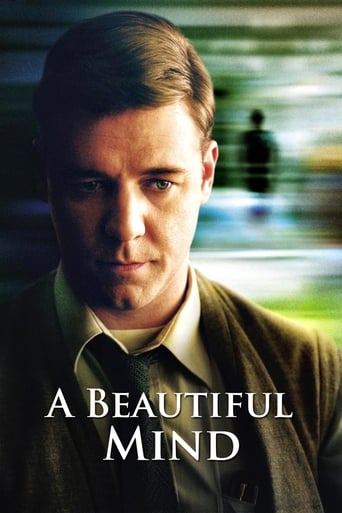




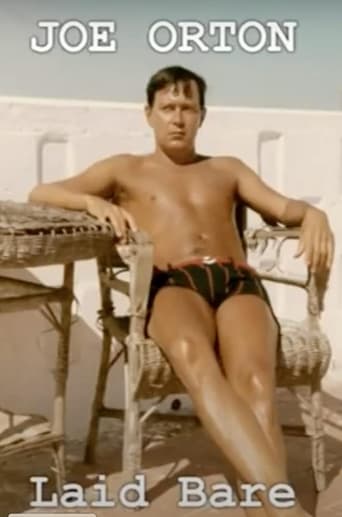























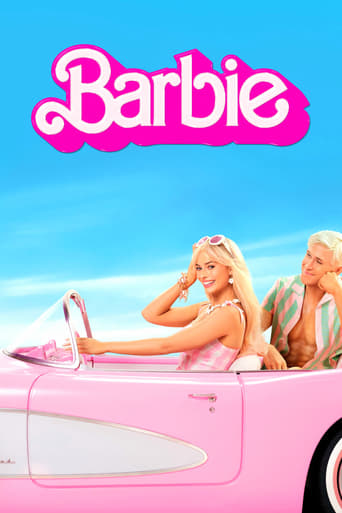
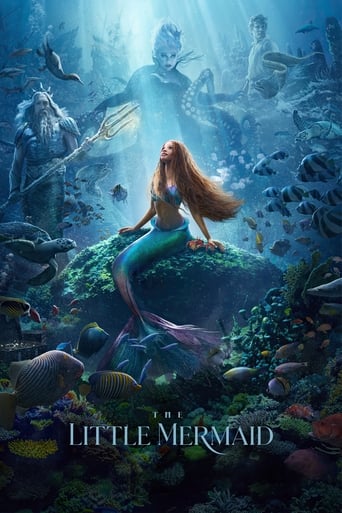
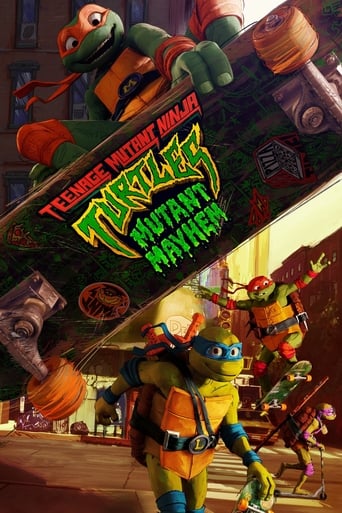
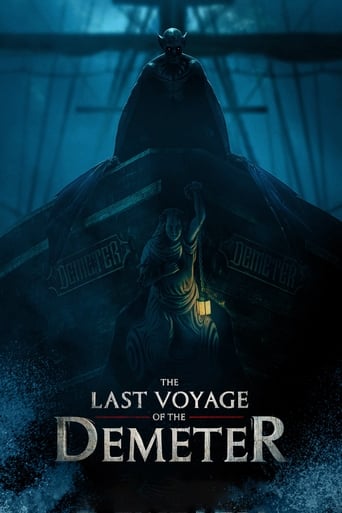
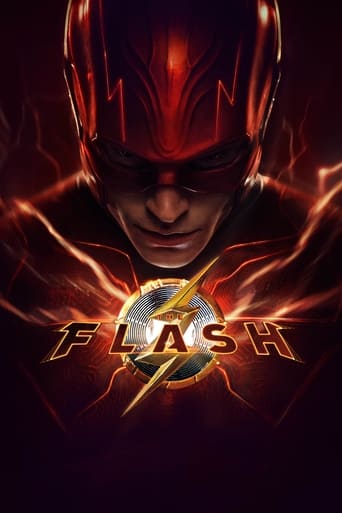

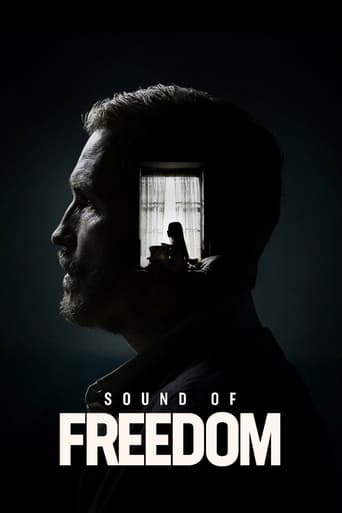
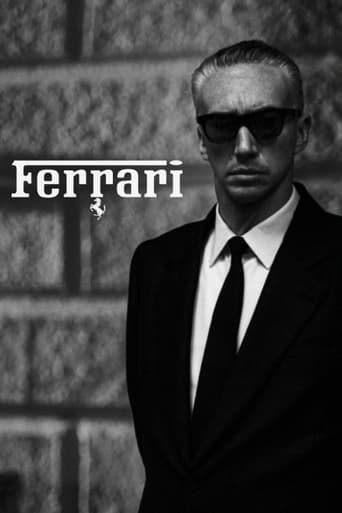
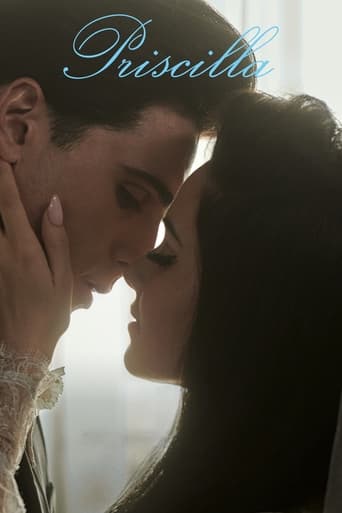
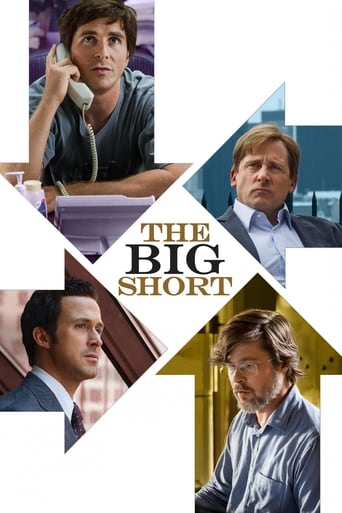
The Vow
The story of Stalin and the Soviet people.